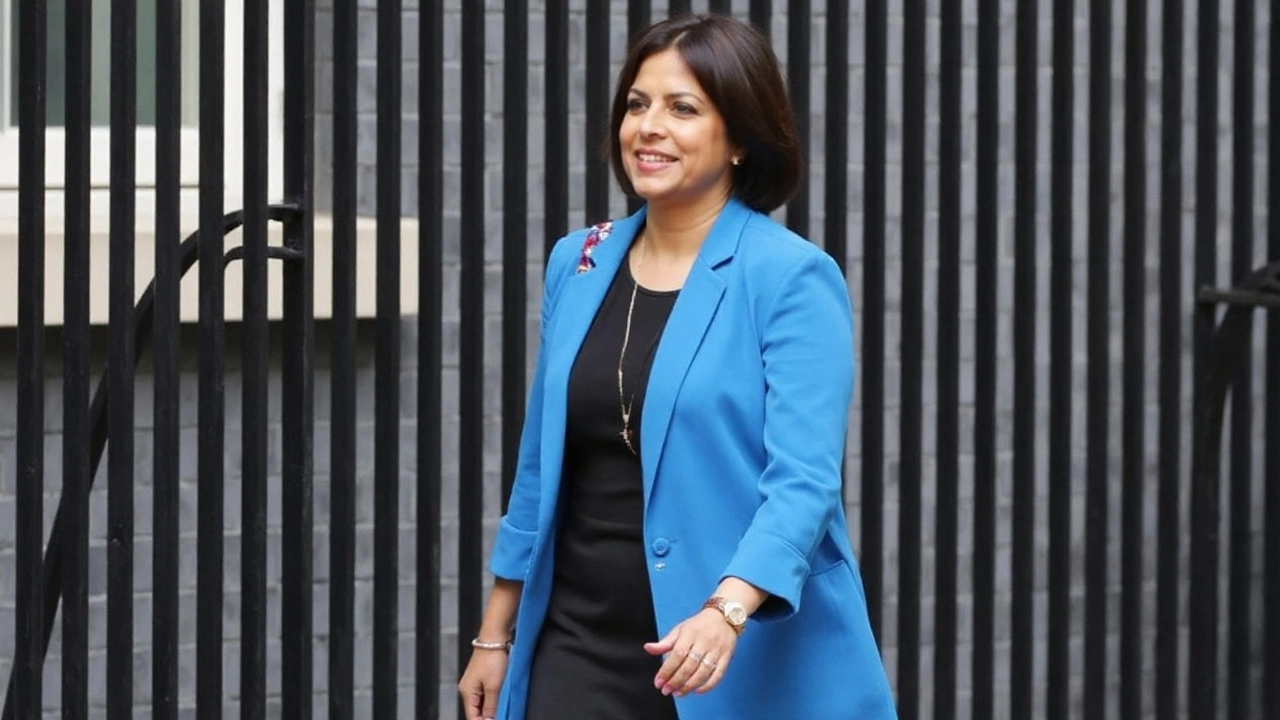Immigration: How It Affects Football and Life in the UK
When you hear the word "immigration" you might think of politics, paperwork, or headlines about borders. But it also touches the games we love, the players we cheer for, and the neighborhoods where we live. In this guide we’ll break down the basics – why immigration matters to football fans, how it influences player transfers, and what you can do if you’re new to the country.
Why immigration matters to fans and players
First off, immigration brings talent from around the world to the Premier League, Championship, and lower divisions. A young winger from South America or a disciplined centre‑back from Africa can change a club’s fortunes overnight. Those moves aren’t just about skill; they involve visas, work permits, and sometimes points‑based systems that decide who can play.
For fans, this means a richer, more exciting product on the pitch. You’ll see different playing styles, languages, and cultures mixing in the same team. It also creates stories that go beyond the match report – think of a player’s journey from a refugee camp to a stadium full of cheering fans. Those narratives build a deeper connection between the club and the community.
On the other side, immigration impacts local fans too. New residents bring their own football traditions, turning a casual match‑day into a multicultural celebration. That’s why many clubs run outreach programs, language classes, and community events to welcome newcomers and keep the fan base inclusive.
Practical tips for newcomers
If you’re moving to the UK and want to follow or play football, start with the basics. Get a valid visa that allows you to work or study – most players need a Tier 2 (Sport) visa, while fans can travel on a standard visitor visa. Check the Home Office website for the latest point criteria; points are given for things like international caps, league appearances, and transfer fee.
Next, sign up for a local club or community league. Many grassroots teams welcome anyone with a love for the game, regardless of skill level. Even if you’re not playing, attending matches helps you learn the language of the sport and meet people who share your passion.
Don’t forget the paperwork for everyday life – a National Insurance number, a bank account, and a UK address are essential for any job, including football contracts. If you’re a student, your university’s sports department often has tie‑ups with nearby clubs and can guide you through the registration process.
Finally, stay informed about rule changes. Immigration policy can shift after elections or Brexit negotiations, and that directly affects work permits. Follow reputable sources like the Football Association’s official news page or trusted immigration blogs to avoid surprises.
Bottom line: immigration isn’t just a headline; it’s a living part of the football ecosystem and everyday life in the UK. By understanding the basics, you can enjoy the game more fully, support players who’ve traveled far for the sport, and settle in with confidence.

Shabana Mahmood makes history as Home Secretary: what changes now
Shabana Mahmood has been appointed the UK’s first Muslim woman Home Secretary after a cabinet reshuffle triggered by Angela Rayner’s resignation. The former Justice Secretary inherits a heavy brief: immigration, policing, and national security. A Birmingham-born barrister and ‘blue Labour’ social conservative, Mahmood’s rise marks a symbolic milestone and a hard test of policy delivery.
More Detail